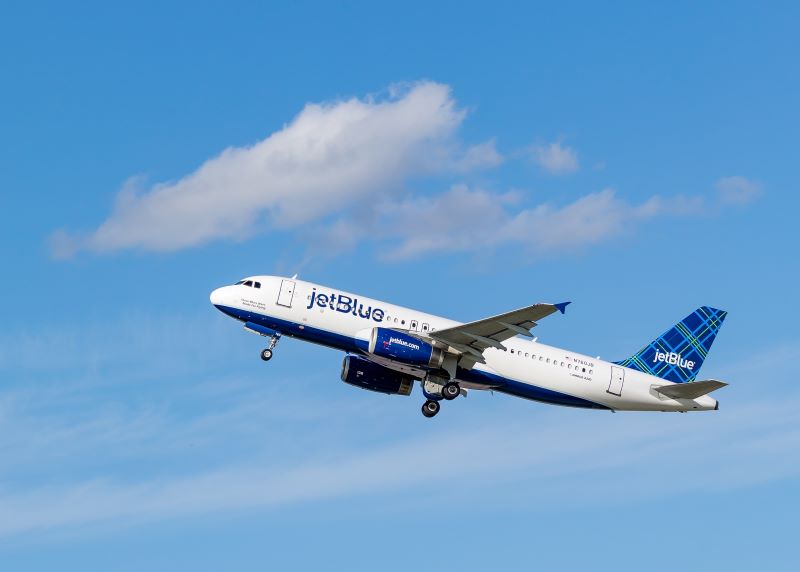
(TAN): JetBlue Technology Ventures (JTV), the venture capital subsidiary of JetBlue Airways, has announced its investment in Universal Hydrogen, the company fueling carbon-free flight, as part of its USD 20.5 million Series A funding round. The financing allows Universal Hydrogen to accelerate the development of its hydrogen logistics network and regional aircraft conversion kits, and bolsters its burgeoning commercial activities.
JTV’s primary goal is to better position JetBlue with startup-led innovation set to disrupt the travel industry, ultimately helping JetBlue chart a path toward net zero emissions, it said in a statement. JTV supports JetBlue’s ambitious sustainability strategy and targets by investing in technology focusing on advanced methods of measuring and reducing emissions, improved environmental protections, and game-changing transportation.
[ALSO READ: UNWTO, IATA announce a ‘destination tracker’ to restore confidence in travel]
In 2020, JetBlue became the first US airline to achieve carbon neutrality for all domestic flying, primarily through carbon offsets while the industry builds up lower-carbon technologies to reduce direct emissions, the statement said.
Universal Hydrogen is building a fuel distribution network that connects hydrogen production directly to the airplane using modular capsules that are transported using the existing freight network, avoiding the need for costly new pipelines, storage facilities, and fuel trucks. The company is also developing conversion kits to retrofit existing 40-60 passenger regional airplanes with a hydrogen fuel cell powertrain.
“Our investment in Universal Hydrogen is highly aligned with JetBlue’s environmental objectives, and this partnership allows the airline a seat at the table in the fast-developing hydrogen for aviation sector and provides valuable insight into the options, progress, and viability of hydrogen to help decarbonize aircraft operations,” said Jim Lockheed, investment principal at JTV.
Universal Hydrogen was founded in 2020 by aviation industry veterans Paul Eremenko, John-Paul Clarke, Jason Chua, and Jon Gordon. First commercial flights are planned no later than 2025, with operating costs equivalent to those of conventional hydrocarbon-burning airplanes and decreasing rapidly thereafter.
“We see the near-term decarbonization of regional aviation as a first step and catalyst, setting the whole industry on a path to meeting Paris Agreement emissions targets. Hydrogen is today the only viable fuel for getting to true zero emissions in commercial aviation, and our goal is to de-risk the decision for Airbus, Boeing, and COMAC to make their next new airplane in the 2030s a hydrogen-powered one,” said Paul Eremenko, Universal Hydrogen co-founder and CEO.
The financing was led by Playground Global, and other investors include Fortescue Future Industries, Coatue, Global Founders Capital, Plug Power, Airbus Ventures, Toyota AI Ventures, Sojitz Corporation, and Future Shape.




